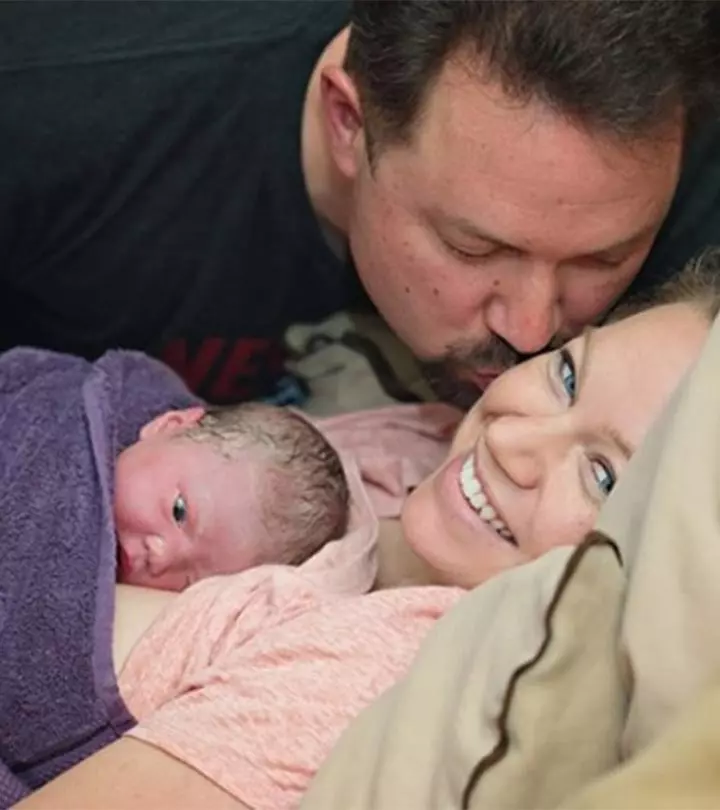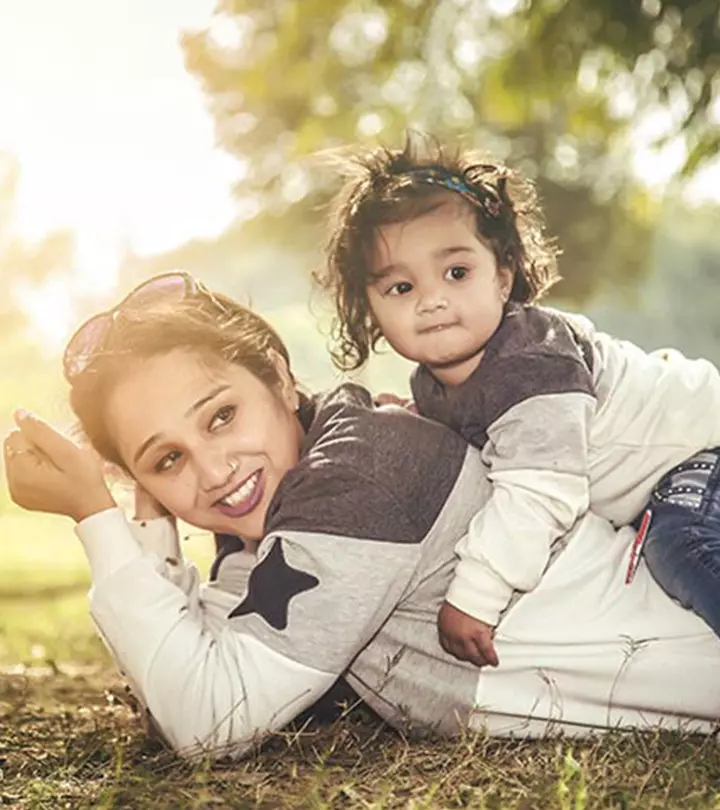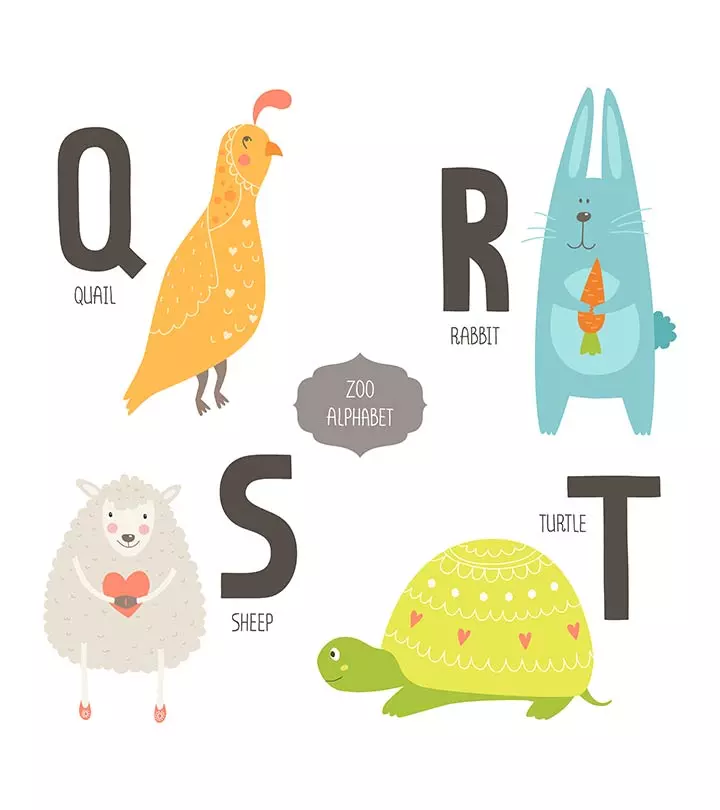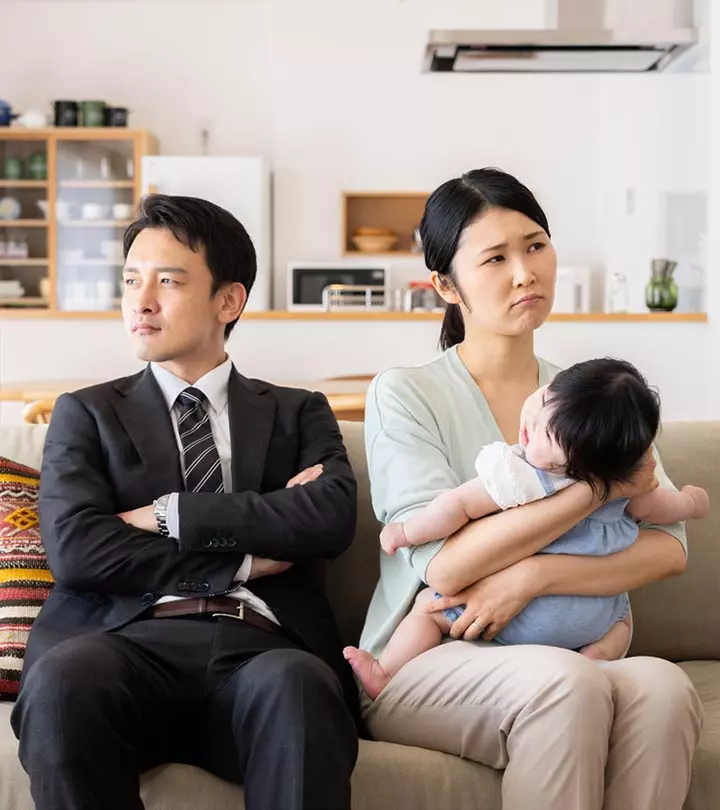
Image: Shutterstock
The United Nations has declared the eleventh of October, every year, as International Day Of The Girl Child. The world observes this day for good reason — girl children in different parts of the world have extensively suffered from several injustices and atrocities. According to the United Nations, one in every four girls across the globe, aged between fifteen to nineteen, are uneducated and unemployed. The same thing looks very different for their male counterparts — only one in every ten boys are uneducated or unemployed (1).
Similarly, the United Nations has stated that one in every three women goes through some sort of abuse or violence (1). The statistics are alarming, but it is the sad truth. As parents, we should spread awareness and prepare our children for a better tomorrow, where the girl child is much safer and happier.
What This Day Is All About
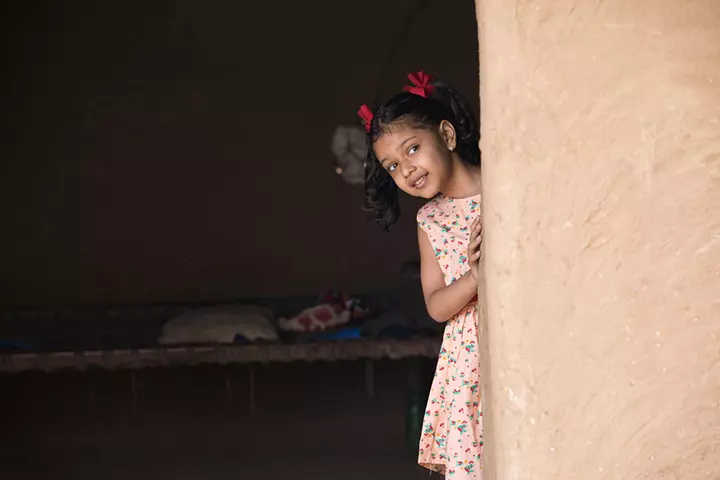
Image: Shutterstock
Specific days or weeks are marked so that the world understands and educates itself about topics that need attention. International Day Of The Girl Child is observed for the same reason. It all began in 1995 when the Beijing Declaration and Platform For Action was rolled out at the World Conference on Women. This was the first time that an attempt was made to advance not just the rights of women but girls too. In 2011, the United Nations went on to declare the eleventh of October as a special day for girl children who are at the receiving end of several challenges.
On this day, the world collectively comes forward to recognize and voice out female infanticide, forced marriages, child marriage, child labor, deprivation of education, and abuse of girl children. Just like everyone else, girl children too are entitled to opportunities and the potential to be changemakers. A roadmap is in place to ensure that girl children can access safe living conditions, primary education, protection, gender equality, leadership opportunities, and a prosperous future. However, we should make it a point to ingrain these in our minds on a daily basis. This day is meant to observe the protection of girl children, but one should apply this principle regularly to make this world a safe place for women.
Doing Your Part As A Parent
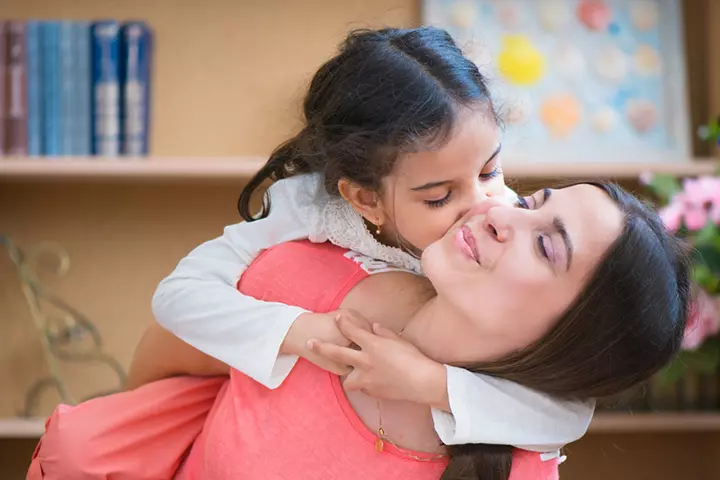
Image: Shutterstock
Turning the world into a space that accommodates and cares for girl children isn’t a job reserved for activists and women’s rights advocates. It is everyone’s responsibility. Parents can play a significant role in nurturing their young ones and shaping them into responsible, empowered, and aware individuals. Here’s what you can do as a parent to advocate empowerment of the girl child:
1. Talk About What’s Happening

Image: Shutterstock
Having a conversation with your child about female infanticide, gender bias, or the abuse girls face is difficult, but it is necessary. We can’t watch the world through rose-colored glasses and choose to ignore the harsh realities that so many girls worldwide are facing or raise our voices as a community. Make an effort to talk about the unfair treatment that children and adolescents receive just for being girls. When you talk about these issues, make your child understand that it is unfair and unjust to mistreat children just because they belong to a particular gender.
2. Talk To Boys About It Too
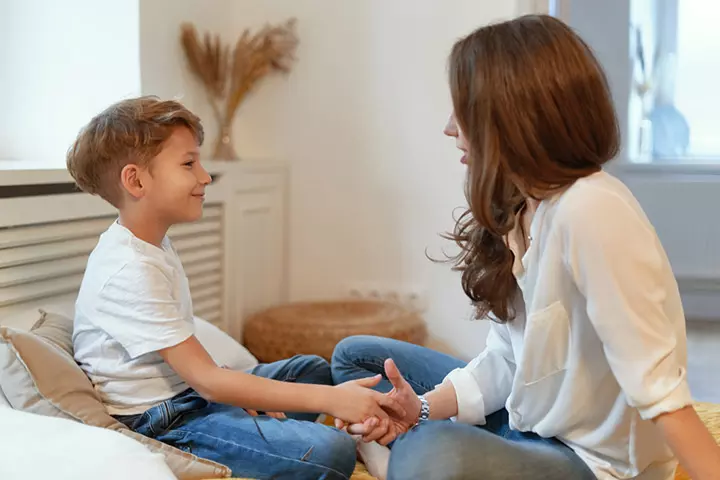
Image: Shutterstock
Talking about the sufferings of a girl child is not a conversation only reserved for girls. Everyone should be aware of what’s going on. If you have a son, include him in this conversation, too, so he knows what he must do from his end. For example, tell your son that if he sees a girl being bullied or mistreated, he needs to stand up against it. When you do this, he will turn into an adult who stands up for a female co-worker who is being treated unfairly. Show them forms of borderline respect plus comments that are considered offensive. While trying to gel in a patriarchal society conditions boys as well as girls, to talk in a certain way which they think is normal. If every parent did their bits like this, crime rates are bound to decrease.
3. Share Stories Of Inspiration
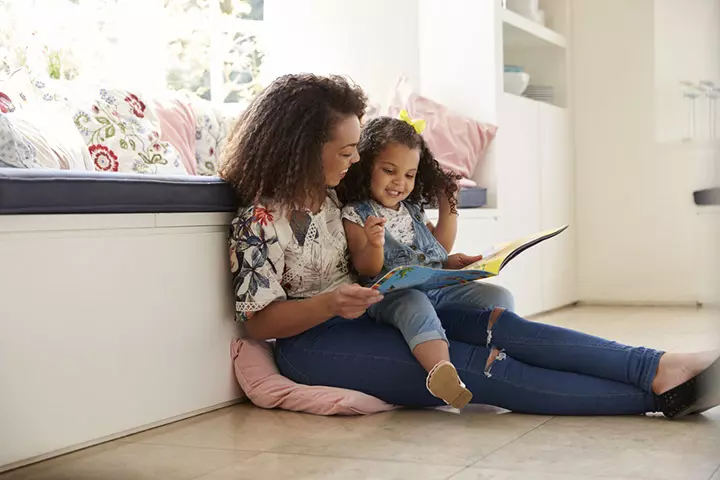
Image: Shutterstock
Despite the hardships they face, so many children and adolescents have fought their way to the top. Let’s take MalalaYousafzai, for example — she was shot in the head for standing up for her rights to being educated. Today, she is a Nobel Prize laureate and the face of women’s empowerment! Tell your children about such stories, so they too are inspired to make big of what they have.
4. Don’t Be Biased
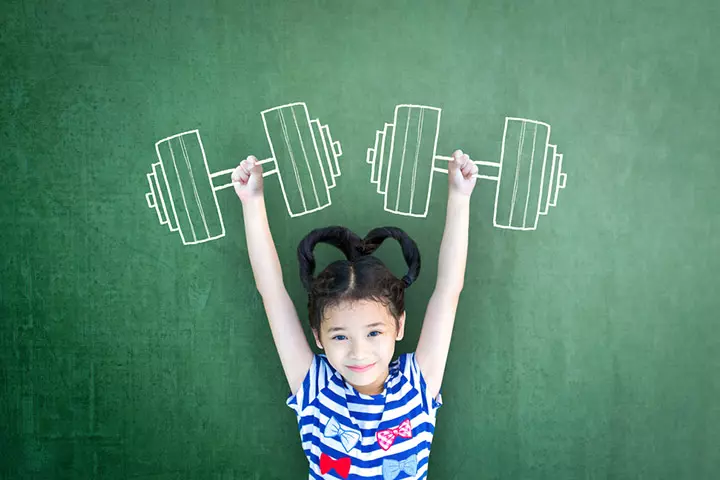
Image: Shutterstock
Many of us can be biased when it comes to girl children, no matter how much we’ve progressed. This can be evident in the little things that we do. For example, parents often encourage their sons when it comes to sports, but the same encouragement and enthusiasm are not shared if their daughter wants to pursue a career in sports. Or, when your daughter tells you she wants to pursue a predominantly male-oriented career, don’t stop or shun her. In today’s world, women have risen to the top even though it is a man’s world.
5. Encourage Participation
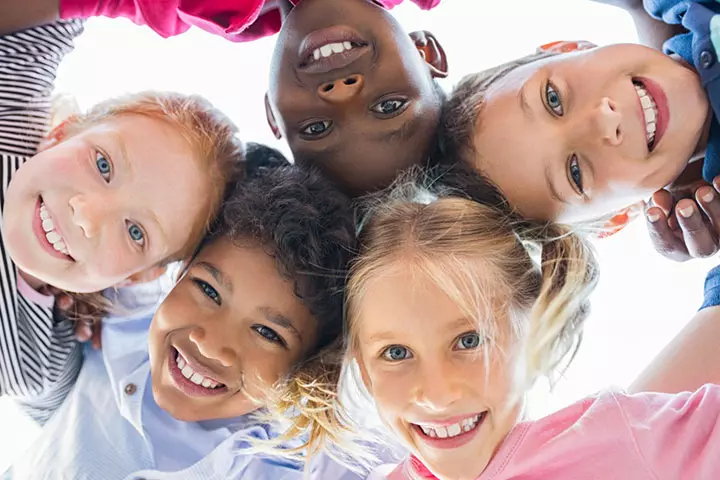
Image: Shutterstock
There are a lot of youth-led organizations and workshops that strive towards the empowerment of little girls. Encourage your child to be a part of such communities. A lot of schools and colleges have councils or groups that talk about and highlight the issues that women and girls face. It can help if your child becomes an active participant in such committees.
While we only observe one day for the girl child, you need to know that education and awareness about the same have to be a regular affair! Parenting can be a powerful weapon when it comes to eliminating injustice as far as girls are concerned. Encourage your kids and practice yourself by sharing positive blogs, video clips, or articles that talk about or show inspiring women fighting for equality. If you see any type of injustice, don’t be a silent spectator and contact relevant authorities to take action against the perpetrator. What are your thoughts on this? Let us know in the comments below!
References
- My Voice, Our Equal Future
https://www.un.org/en/observances/girl-child-day
Community Experiences
Join the conversation and become a part of our nurturing community! Share your stories, experiences, and insights to connect with fellow parents.

